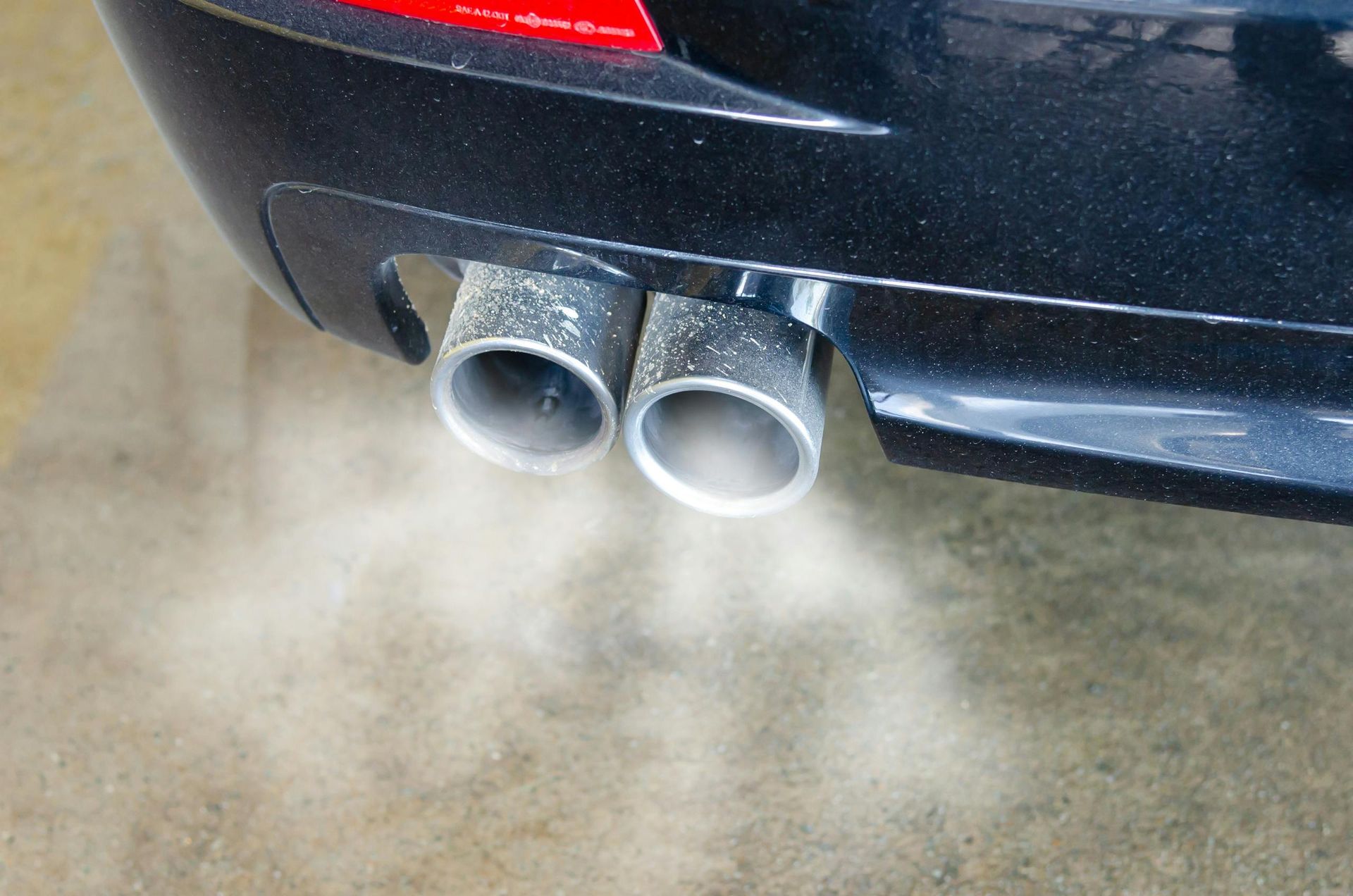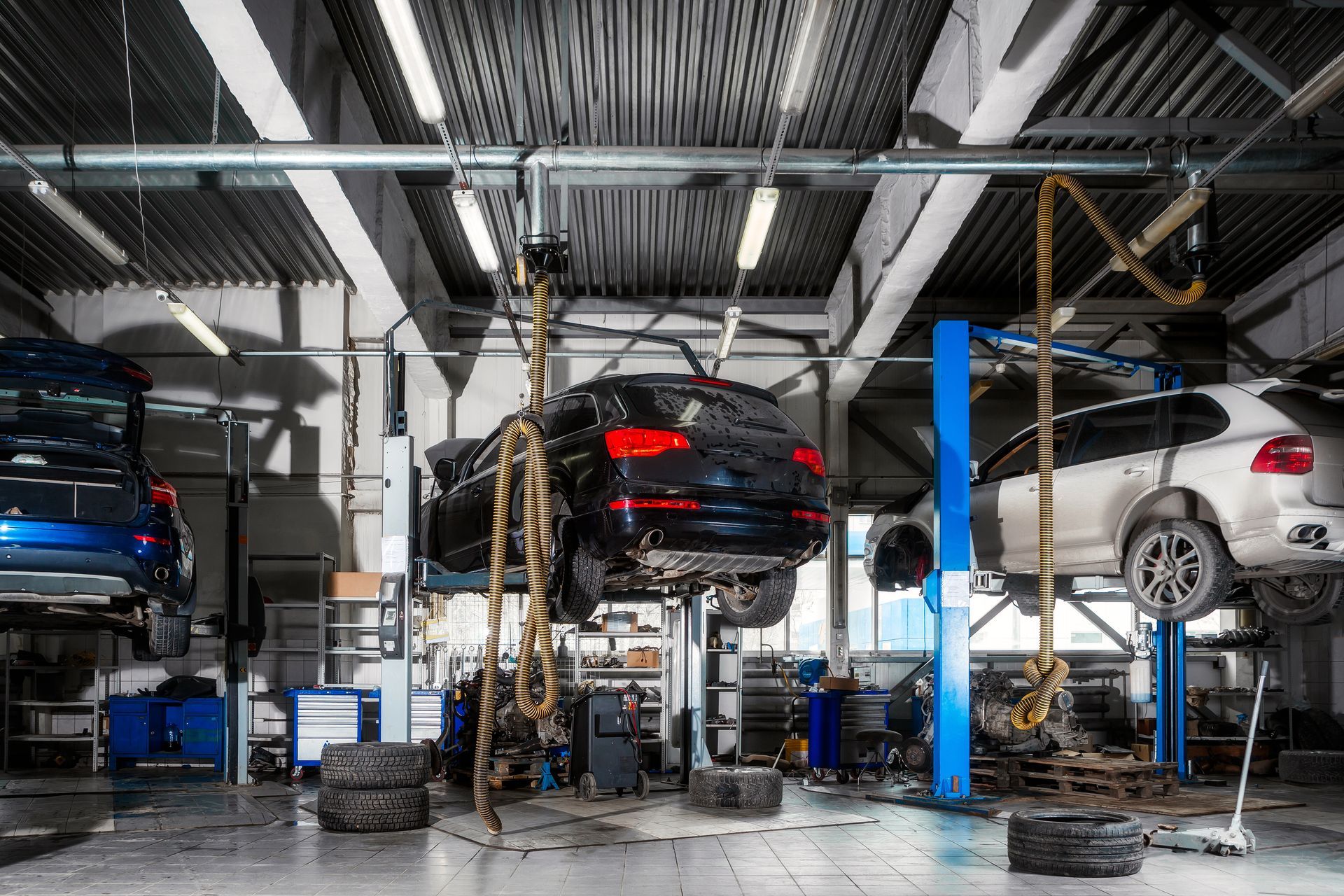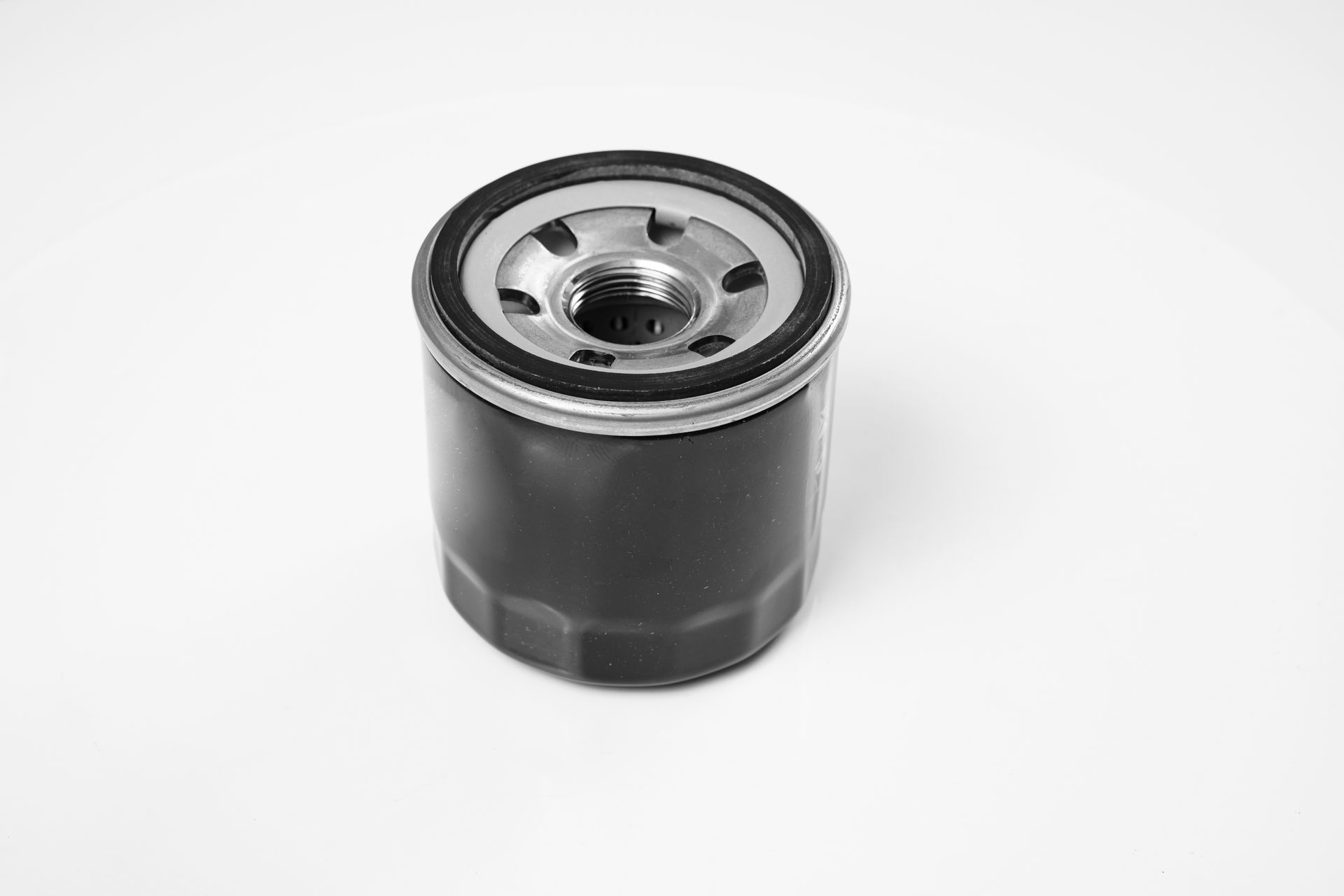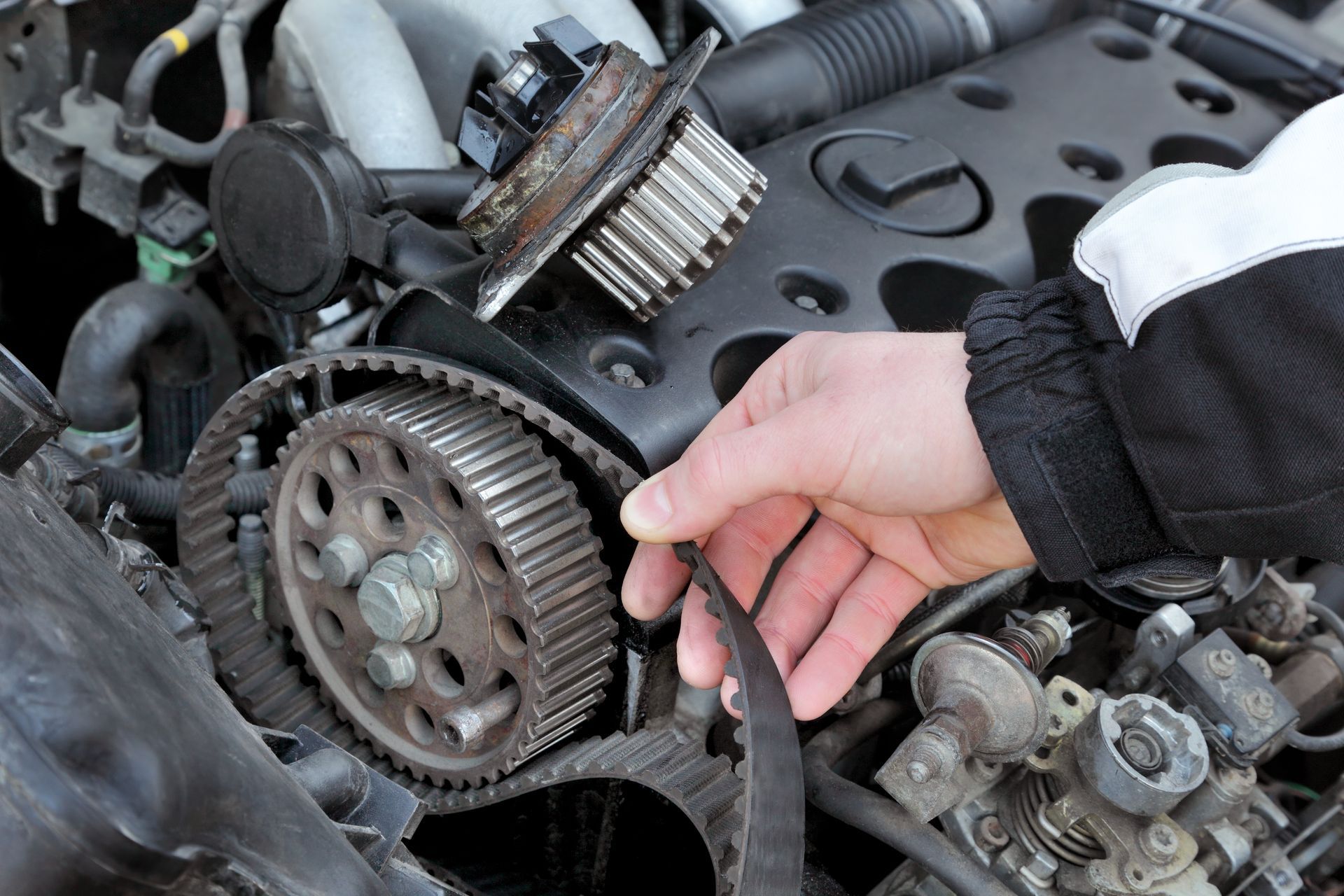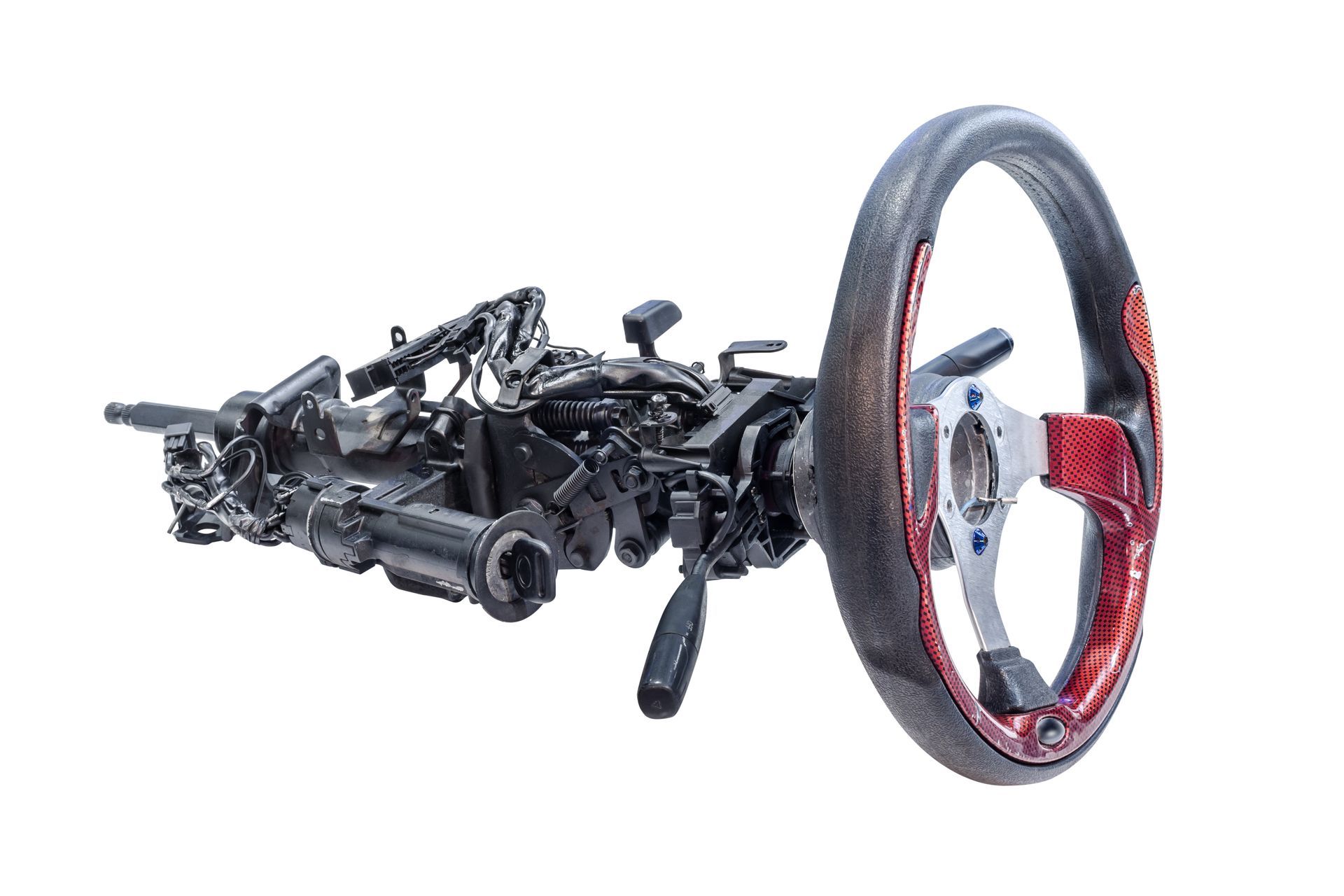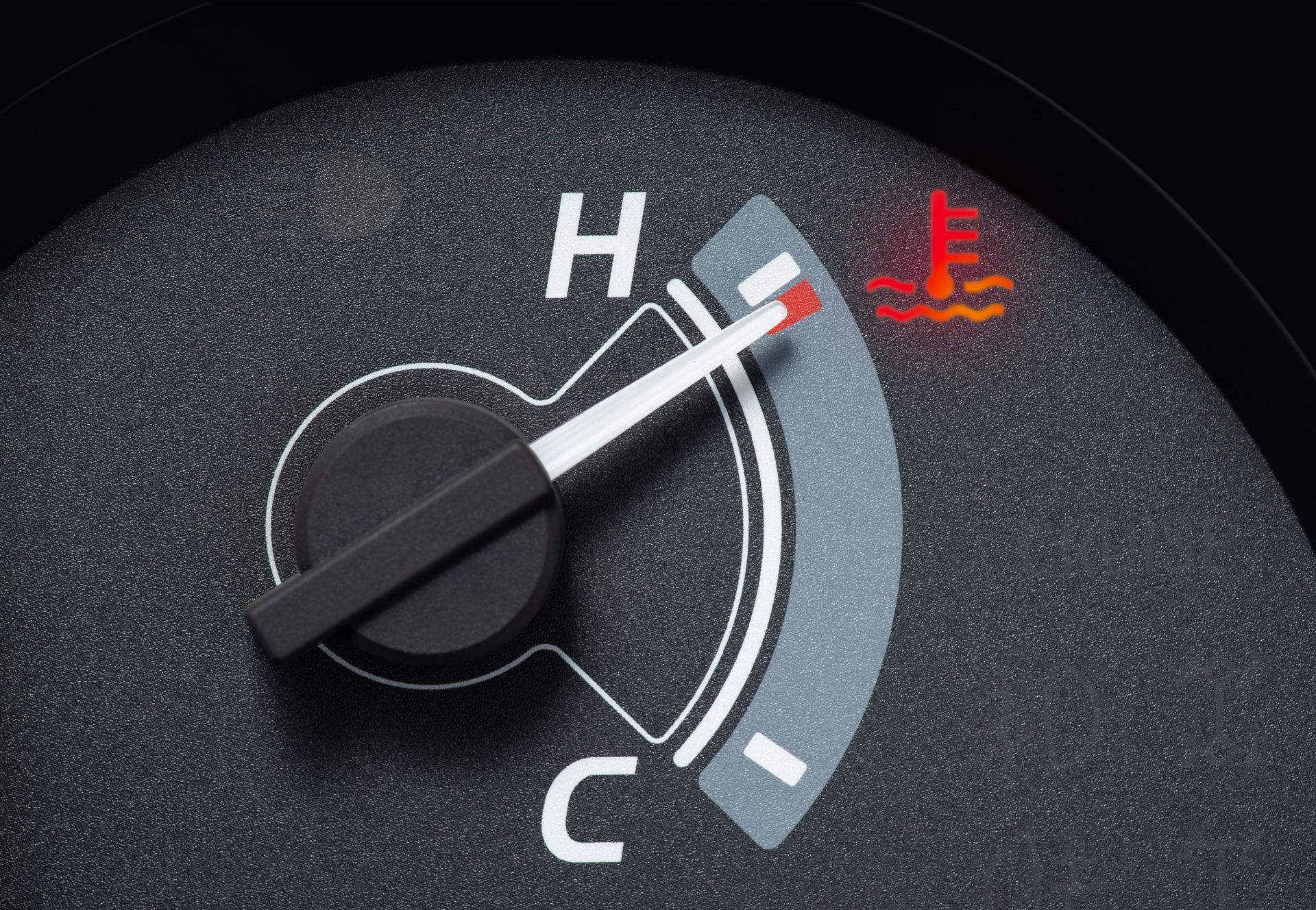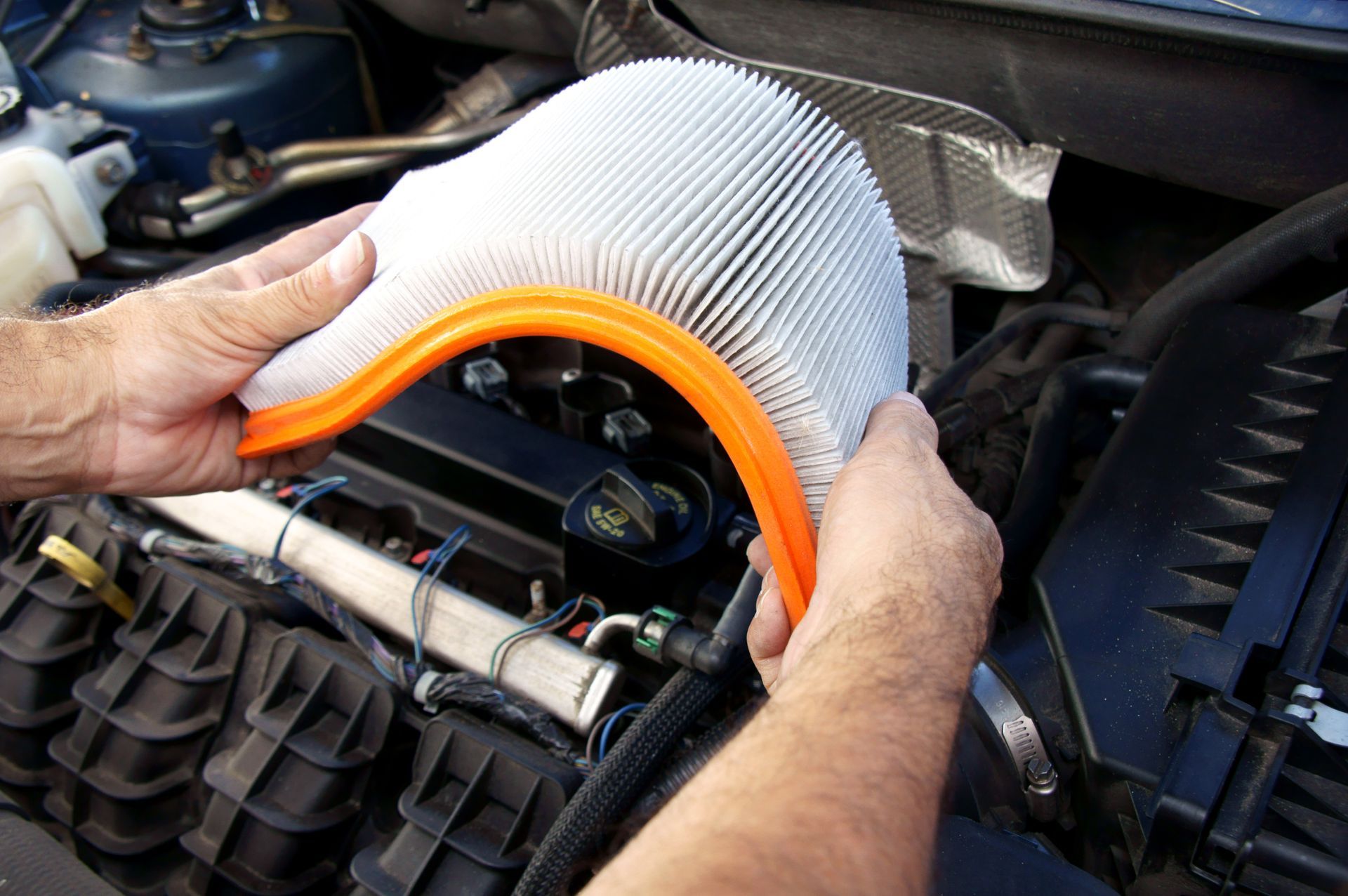Keeping up with oil changes may not feel urgent, but it's one of the best ways to protect your car for the long haul. Fresh oil helps your engine run smoothly, stay cool, and avoid damage from friction and heat. When oil becomes old or dirty, it loses its ability to perform those jobs effectively. If you want your car to last, consistent oil maintenance should always be a top priority. Staying on a consistent oil change schedule keeps that protection in place all year and helps your engine start clean on every drive.
Here’s why oil changes matter more than most drivers realize.
What Engine Oil Does for Your Car
Motor oil plays a critical role in keeping your engine healthy. It lubricates moving parts, reduces friction, carries heat away from hot spots, and helps clean out tiny metal particles or combustion byproducts that could cause damage.
As the oil circulates, it absorbs contaminants and breaks down from heat exposure. Over time, it becomes less effective, thicker, and dirtier. If not replaced, it can cause wear, reduce performance, and increase the risk of serious engine trouble.
What Happens When You Skip an Oil Change
Going too long between oil changes leads to increased engine wear. Old oil thickens and can’t circulate as efficiently. This puts more stress on engine components and causes them to run hotter. You may not notice the effects right away, but wear adds up over time.
Oil that’s been left in too long can leave behind sticky deposits called sludge. These deposits clog oil passages and prevent the engine from getting proper lubrication. That kind of strain may eventually lead to performance problems, overheating, or in worst cases, complete engine failure.
How Often Should You Change Your Oil
Oil change intervals depend on the type of oil you use, your vehicle, and your driving habits. Synthetic oil typically lasts longer than conventional oil. Many modern vehicles can go 5,000 to 10,000 miles between oil changes, but some older models still require service every 3,000 miles.
If you regularly drive in stop-and-go traffic, take short trips, or operate your car in cold weather, you may need to change your oil more often. These conditions prevent the engine from reaching optimal temperatures and can lead to more moisture buildup and fuel dilution in the oil.
When in doubt, check your vehicle’s owner manual or ask one of our technicians. We’ll provide you with a schedule that suits your car and driving routine.
Watch for These Signs You’re Due for an Oil Change
Even if you’re not tracking mileage, your car may show some signs when the oil needs to be changed. Common indicators include:
- The oil light or check engine light appears on your dashboard
- Unusual ticking or knocking sounds from the engine
- A burning smell from under the hood
- Dark, gritty oil on the dipstick
- Rough idling or reduced fuel economy
It’s a good idea to check your oil every few weeks. If it looks dirty or smells burnt, it’s time to schedule service.
Why the Right Oil Matters
Using the right oil is just as important as changing it on time. Your car’s engine is designed to work with a specific oil type and viscosity, which are usually listed in your owner’s manual. If you use oil that’s too thick or too thin, it may not protect your engine properly, especially in extreme temperatures.
There are also differences between synthetic and conventional oils. Synthetic oil typically performs better in high temperatures and lasts longer, which is why many modern cars are built to use it. High-mileage oils are another option for older cars that need extra protection for worn seals or components.
If you’re not sure what your car needs, we’re always happy to take a look and explain your options.
Clean Oil Helps More Than the Engine
Fresh oil doesn’t just protect the engine. It also reduces wear on related systems like the turbocharger, emissions equipment, and timing components. Engines that run clean tend to operate more efficiently, stay cooler, and develop fewer long-term problems.
Skipping oil changes can also hurt your fuel economy. When friction increases inside the engine, it takes more effort to generate the same power. That results in more trips to the gas pump and more money out of your pocket.
Expert Oil Change Service at Severson Auto Service in Rochester, MN
For auto repair in Rochester that you can trust, our team follows factory specifications and checks the details that keep engines healthy. If you are searching online for "auto repair shop near me", our Rochester location is ready to help with straight answers and dependable service.
Oil changes are quick, affordable, and essential to your vehicle’s long-term health. At Severson Auto Service, we make the process easy. Our technicians will use the right oil and filter for your vehicle, check for leaks or other issues, and help you stay on schedule. When you keep up with routine oil changes, you’re protecting your investment and keeping your car on the road for years to come.
Schedule your next oil change today.

